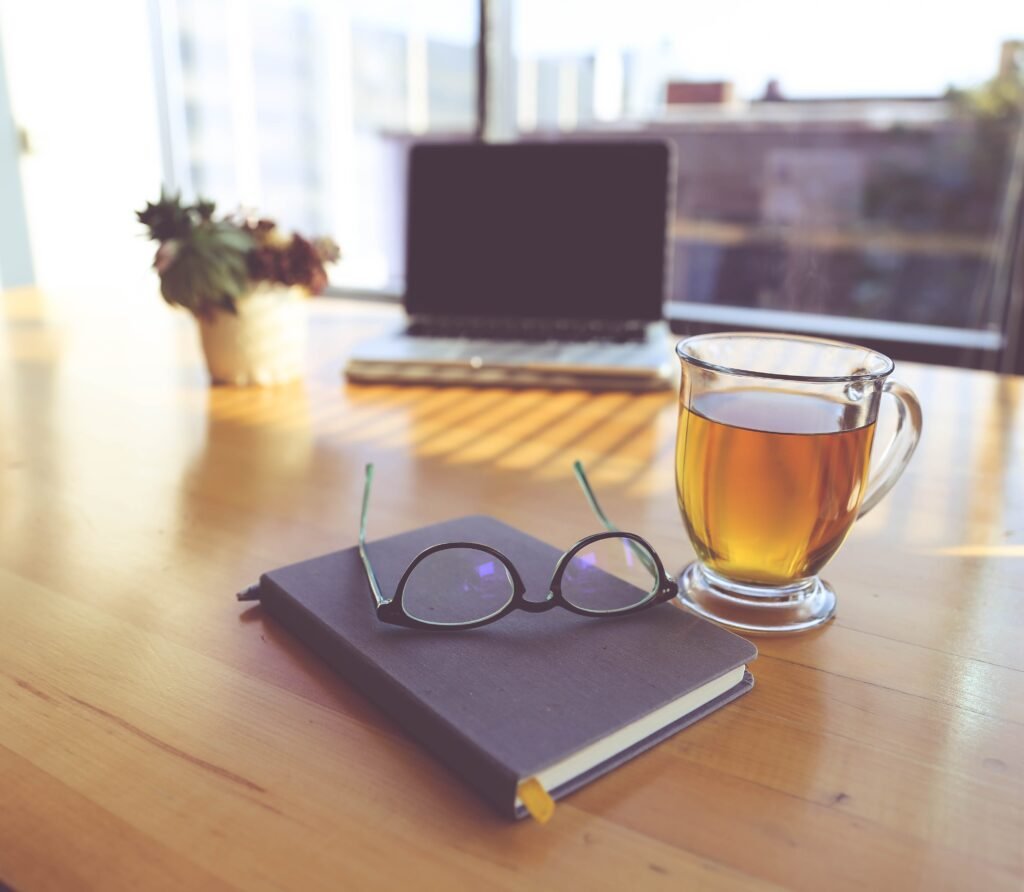The journey of tea from plant to cup is a fascinating one, and at the heart of this process lies the tea planter. This article delves into the world of tea planters, their role in tea cultivation, the challenges they face, and their contribution to the global tea industry. Tea Planter: Cultivating the Essence of Tea

Introduction
The role of a tea planter is vital in shaping the quality and character of the tea that reaches our cups. Beyond its soothing brew, tea is a testament to the dedication and skill of these planters.
The Art of Tea Planting
Nurturing Tea Plants
Tea planters play a key role in nurturing young tea plants, ensuring they receive the right amount of sunlight, water, and nutrients.
Cultivating Different Varieties
Planters carefully select and cultivate various tea varieties, from the delicate white tea to the robust black tea.
Roles and Responsibilities
Selecting Ideal Plantation Sites
Choosing the right location for tea cultivation involves considering factors such as altitude, climate, and soil type.
Planting and Harvesting
Tea planters oversee the planting and harvesting processes, ensuring that only the finest leaves are plucked.
Pest and Disease Management
Protecting tea plants from pests and diseases requires vigilance and the use of sustainable practices.
Challenges Faced by Tea Planters
Climate and Weather Variability
Tea cultivation is highly sensitive to changes in weather patterns, making climate adaptation essential.
Labor and Workforce Issues
Recruiting and retaining skilled labor remains a challenge in many tea-producing regions.
Innovations in Tea Planting
Sustainable Farming Practices
Planters are embracing organic and sustainable farming methods to minimize environmental impact.
Technology Integration
Incorporating technology aids in precision planting, monitoring, and pest management.
The Impact of Tea Planters
Contributions to Local Economies
Tea plantations often form the backbone of rural economies, providing jobs and income.
Preservation of Traditional Practices
Planters play a vital role in preserving traditional tea cultivation techniques and cultural heritage.
A Day in the Life of a Tea Planter
Step into the shoes of a tea planter and experience the daily rhythm of tending to tea fields.
Conclusion
Tea planters are unsung heroes who dedicate their efforts to producing the leaves that bring joy to millions of tea lovers worldwide.
FAQs
- What qualifications are required to become a tea planter?
- While formal qualifications vary, experience, knowledge of horticulture, and agricultural practices are essential.
- How do tea planters combat pests without harmful chemicals?
- Many planters use integrated pest management techniques, which involve natural predators and sustainable practices.
- Are there any unique challenges in organic tea cultivation?
- Organic tea cultivation requires stringent pest control methods and adhering to organic certification standards.
- Do tea planters work year-round?
- Yes, tea cultivation is a year-round endeavor, with different tasks during different seasons.
- How do tea planters contribute to environmental conservation?
- By embracing sustainable practices, reducing chemical use, and promoting biodiversity, tea planters contribute to environmental well-being.
Contact Details:- 9499347308



